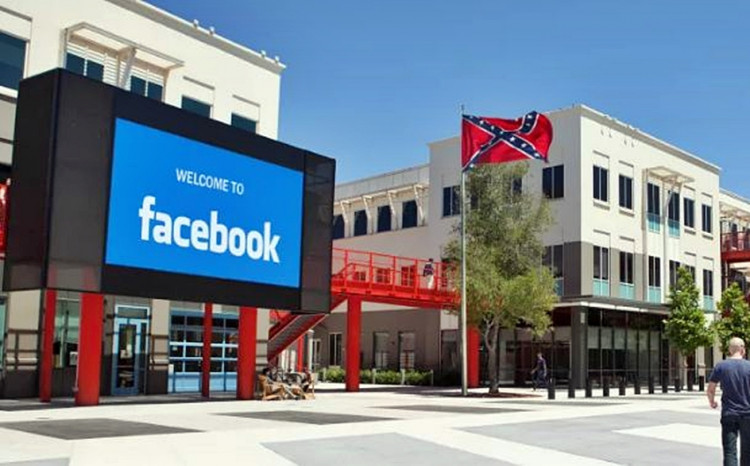Calls for federal regulation of Facebook are getting more strident with the stunning revelation the embattled social media giant granted business partners (including Microsoft and Amazon) more intrusive access to user data than it had divulged, and in violation of an agreement with the government.
Facebook also allowed some partners access without users' permission, said a bombshell expose by The New York Times. The Times in June also discovered that some of Facebook's partners (all of the device makers) pulled user data onto smartphones and tablets.
The revelation means Facebook violated a consent agreement it made with the U.S. Federal Telecommunications Commission (FTC) in 2012 that prohibits it from sharing user data without permission because these partner companies were acting on Facebook's behalf. Violating this agreement carries with it a multi-billion dollar fine.
The Times report alleges Facebook knowingly maintained improper partnerships far more recently, and with a large number of companies despite the consent agreement with the FTC.
It said Facebook gave partner tech companies like Amazon, Microsoft and Netflix unprecedented access to user data.
Facebook allowed tech companies to view private messages and contact information as recently as this year, said the Times. Previously, Facebook allowed third parties access to other data such as lists of friends and email addresses.
It's been revealed that companies like Microsoft, Yahoo, Spotify and Apple have special agreements with Facebook that let them access the data. The revelation contradicts Facebook's public statements about third-party apps.
Facebook admitted in a blog post to granting tech companies wide-ranging access but alleges it was a means to help users. The company said the features are critical to the core functionality of Facebook. It claims it has discontinued much of this access.
Konstantinos Papamiltiadis, Facebook's director of developer platforms and programs, defended the partnerships, however. He said Facebook entered into the agreements to let users interact with Facebook friends across devices and popular websites.
"None of these partnerships or features gave companies access to information without people's permission," claims Papamiltiadis.
He also alleges most partners did not have to seek consent before obtaining users' data because they were serving as extensions of Facebook.
He also claims none of these partnerships or features gave companies access to information without people's permission, nor did they violate Facebook's 2012 settlement with the FTC.
None of this appears to be mollifying outraged members of the U.S. Congress. Sen. Ron Wyden (D-OR) blasted Facebook CEO Mark Zuckerberg for not disclosing the full scope of the agreements during a Senate hearing in the spring. At the time, Zuckerberg assured the Senate Facebook users have complete control of their data.
Sen. Richard Blumenthal (D-CN) called for the FTC to police Facebook more aggressively. He said Facebook's seemingly unrestrained sharing of user data "is the privacy equivalent of the BP oil spill ... We will be paying the price for decades."





